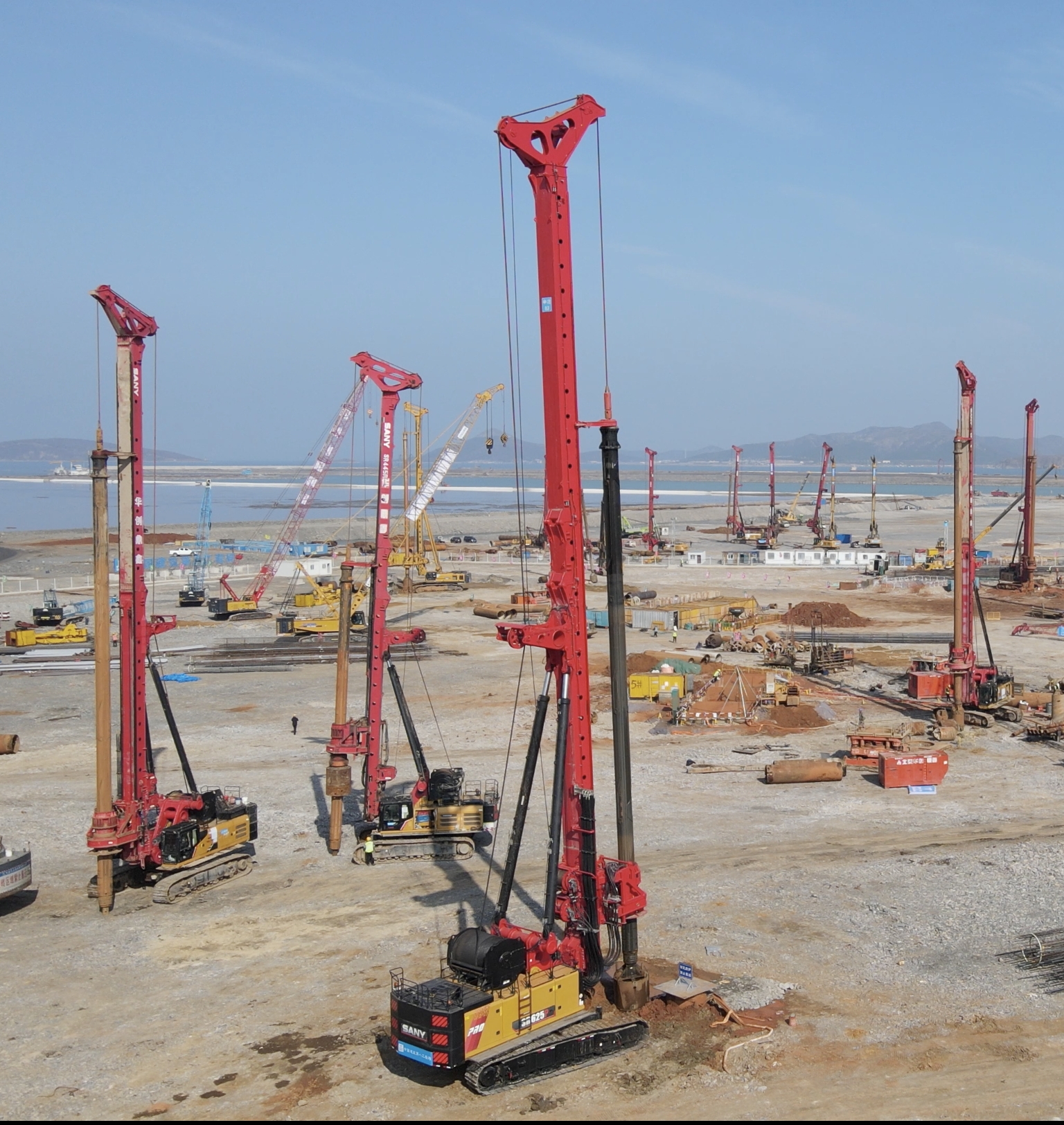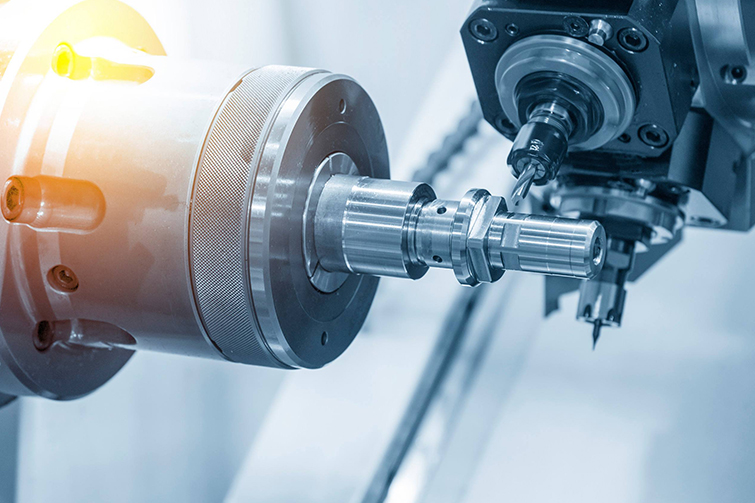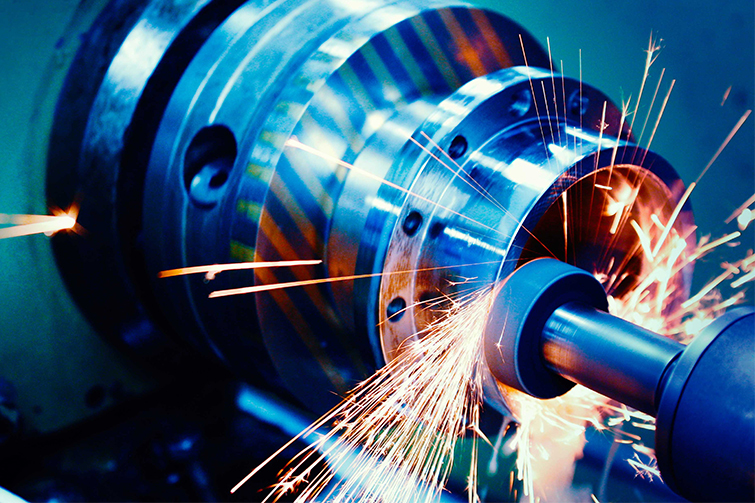

Advanced Techniques in Soil Drilling and Rock Excavation: A Comprehensive Guide

Introduction to Soil Drilling and Rock Excavation
The processes of soil drilling and rock excavation are fundamental to numerous construction and mining projects. Understanding the nuances of these operations can significantly enhance efficiency and safety on site.
Soil Drilling Techniques
Soil drilling involves the penetration of the earth's surface to collect samples or create holes for construction purposes. Techniques vary depending on soil type, with methods such as auger drilling, rotary drilling, and percussion drilling being among the most common.
Rock Excavation Methods
Rock excavation, on the other hand, requires more robust techniques due to the hardness and density of rock. Methods include drilling and blasting, mechanical excavation with heavy machinery, and the use of tunnel boring machines for large-scale projects.
Equipment and Technology
The advancement in technology has introduced sophisticated equipment that improves precision and reduces environmental impact. From GPS-guided drilling rigs to hydraulic breakers, the right tools can make a significant difference in project outcomes.
Safety Considerations
Safety is paramount in both soil drilling and rock excavation. Proper training, the use of personal protective equipment, and adherence to safety protocols can prevent accidents and ensure the well-being of all personnel involved.
Environmental Impact
Minimizing the environmental footprint of drilling and excavation activities is crucial. Techniques such as dust suppression, noise reduction, and proper waste management are essential for sustainable operations.
FAQs
What is the difference between soil drilling and rock excavation?
Soil drilling is primarily for sampling or creating holes in softer earth materials, while rock excavation involves removing or breaking through hard rock formations, often requiring more powerful equipment and techniques.
How do I choose the right drilling method for my project?
The choice depends on several factors, including the type of soil or rock, the depth of drilling required, environmental considerations, and the project's specific objectives.
What are the latest technological advancements in this field?
Recent advancements include automated drilling systems, real-time data monitoring, and environmentally friendly excavation methods that reduce the impact on surrounding ecosystems.








